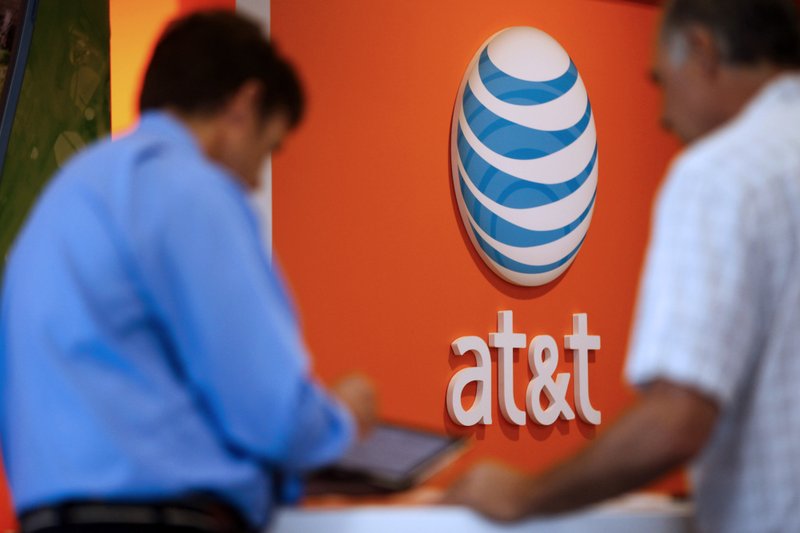WASHINGTON -- An economist retained by AT&T took aim at key government arguments Thursday in the landmark antitrust trial involving Time Warner, now in its fourth week.
With the Justice Department's top antitrust attorney, Makan Delrahim, looking on from the government's table, AT&T's witness claimed that regulators' economic analysis of the AT&T deal is "theoretically unsound" and riddled with inaccurate assumptions.
"The evidence doesn't support the government's claim that this transaction will harm consumers," said Dennis Carlton, an economist from the University of Chicago's Booth School of Business. His own competing study, he said, found that consumers could end up with lower prices, not higher.
Carlton's testimony threatens to undercut that of the government's own star witness, the University of California at Berkeley economist Carl Shapiro.
As Carlton criticized Shapiro's economic model as "very complicated," U.S. District Judge Richard Leon interrupted to agree.
"It's like a Rube Goldberg contraption," Leon said, reflecting skepticism.
Carlton took aim at a number of what he called "simplifying assumptions" by Shapiro that invalidate the government's analysis. Because Shapiro tried to simulate what would happen if a cable company were unable to air Time Warner's content for an extended period rather than one or two months -- as most "blackouts" have been known to last -- the model fails to predict anything useful, Carlton said.
Carlton criticized how Shapiro's analysis ignored the real-world programming contracts that lock in and help stabilize content prices. Carlton also highlighted significant declines in industry profit margins and subscriber numbers that he said Shapiro overlooked. Those dynamics, Carlton claimed, mean that AT&T would have less to gain (and rivals would have less to lose) in the event of a programming dispute with Time Warner.
What's more, Carlton said, Shapiro failed to account for the price decreases -- and thus, benefits to consumers -- that would occur in an extended blackout. Carlton used the example of a dispute between Time Warner and Comcast. If Time Warner "blacked out" its Turner Broadcasting channels, Comcast would not have to pay for that content, said Carlton. As a result, Comcast would likely pass those savings on to TV subscribers.
Shapiro also did not examine what happened to the price of TV content after similar mergers or acquisitions, Carlton claimed.
Shapiro had said previously that the reason for that was because of the government's consent decree with Comcast approving the merger, an agreement that constrained prices.
But Carlton said Thursday that that only helps his case, because it proves that the conditions placed on the deal were effective. As a result, he said, the government ought to consider the arbitration offer AT&T has sent to 1,000 cable companies that those firms can take advantage of if they feel mistreated by AT&T-Time Warner in negotiations.
Business on 04/13/2018
